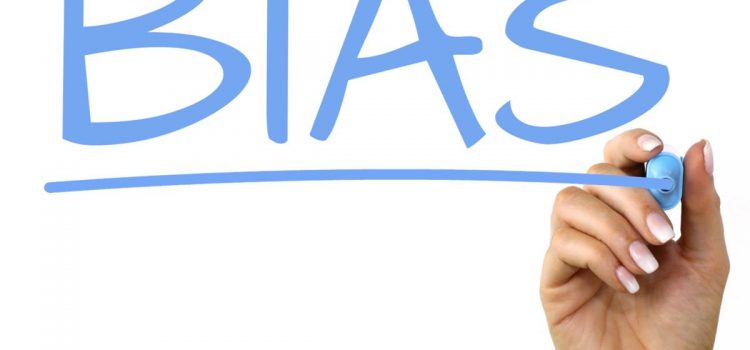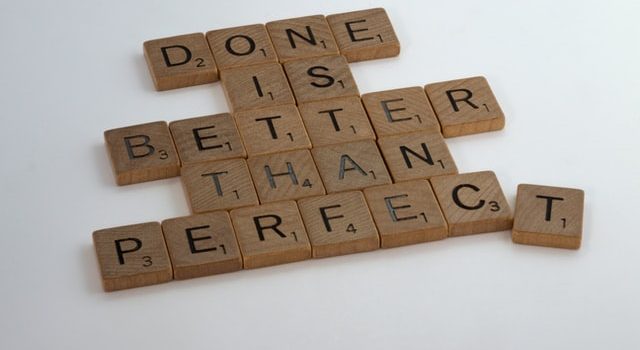How does confirmation bias skew your judgment? Why is it important to seek the opposing viewpoint when making important decisions? In decision-making, confirmation bias leads us to overlook crucial information about our options. One way to resist your confirmation bias is to hunt for information that contradicts your existing beliefs. Here’s how seeking out opposing views can help you override confirmation bias and make better decisions.
Opposing Views: The Antidote to Confirmation Bias










